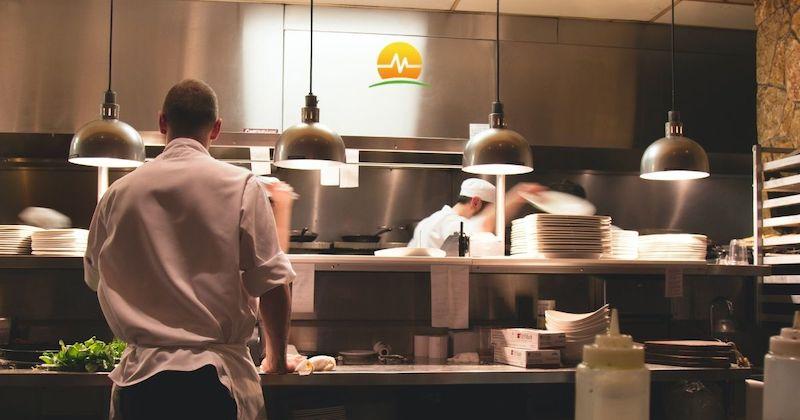
Updates and articles about COVID-19
 Dr. Crean On News4Jax Discussing Stress Effects (Hemorrhoids) During COVID-19
Dr. Crean On News4Jax Discussing Stress Effects (Hemorrhoids) During COVID-19
 Please Don’t Delay Urgent or Emergency Care During These Times of Crisis
Please Don’t Delay Urgent or Emergency Care During These Times of Crisis
 Healthy Habits for Uncertain Times
Healthy Habits for Uncertain Times
 How to Avoid Stress Eating Now That You’re Spending More Time at Home
How to Avoid Stress Eating Now That You’re Spending More Time at Home
 Should I Cancel My Office Appointment or Surgery Due to Coronavirus?
Should I Cancel My Office Appointment or Surgery Due to Coronavirus?
 Diabetes and The Risk of Severe Complications from Coronavirus
Diabetes and The Risk of Severe Complications from Coronavirus
After Weight Loss Surgery
Bariatric Procedures
Bariatric Surgery
BMI
Colonoscopy
Colorectal Disease
COVID-19
Diabetes
Diet
Diverticulosis
Exercise
Expectations
Gallbladder Surgery
Gastric Bypass
Gastric Sleeve
General Surgery
GERD
Getting Started
Hemorrhoids
Hernia Surgery
Hydration
In The News
Joints
Obesity
Osteoarthritis
PPIs
Premier Protein Recipes
Robotic Surgery
Sleep
Social Media
Support
Wegovy/Zepbound
Weight Loss
Weight Loss 101
